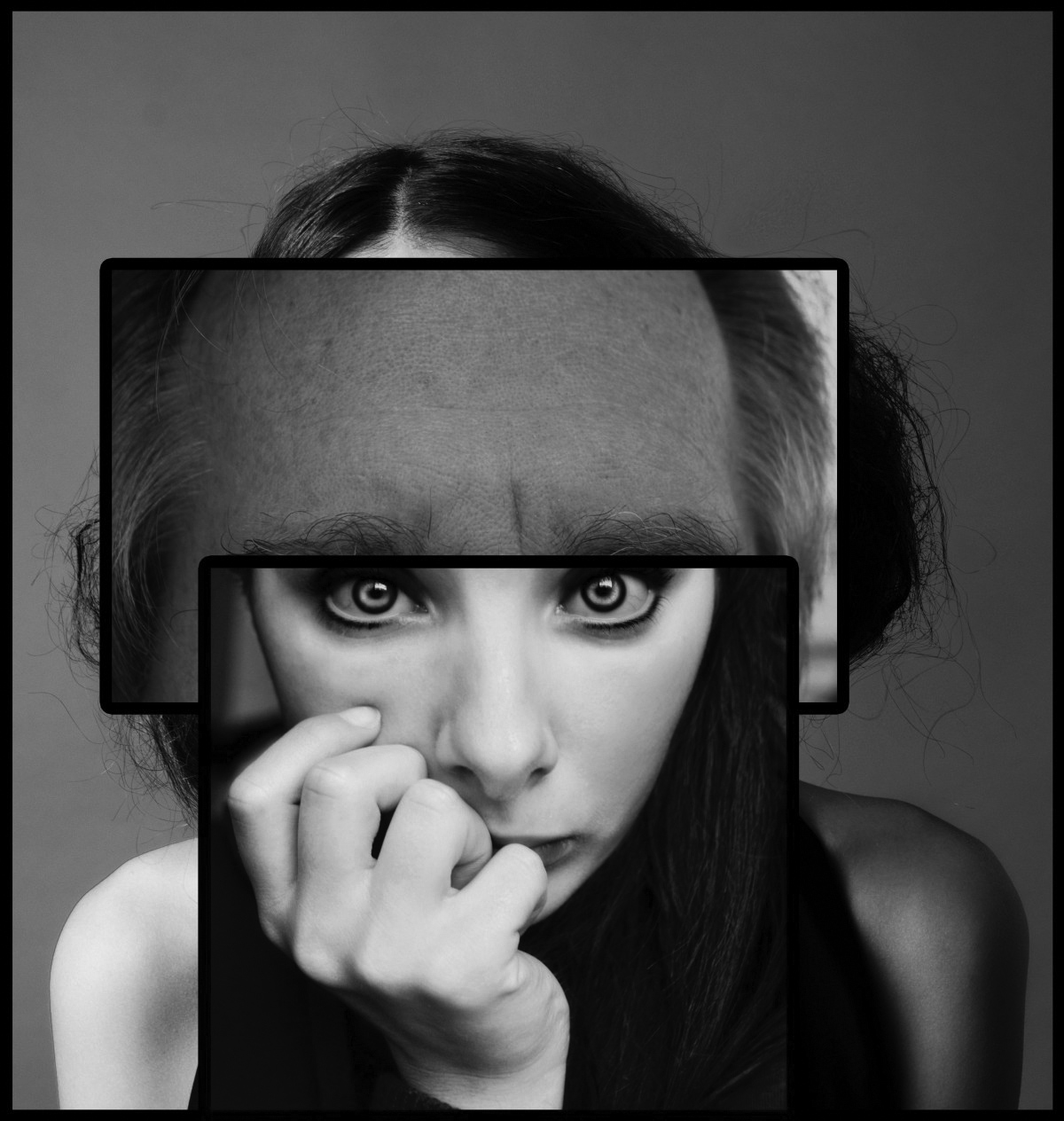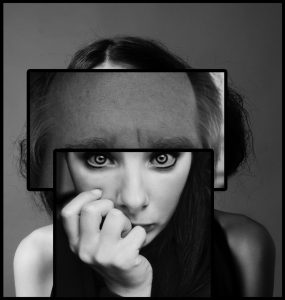
PHOTO COURTESY OF PXHERE
By Brynn Svenningsen

The crowd of college students and community members in the audience watched the difficult stories of multiple survivors of self-harm and mental illness in stunned silence. Each audience member watched with an open mind as the film explored the difficult topic of mental illness. On Oct. 19 there was a free showing of directors Phil Borges’ and Kevin Tomlinson’s film “CrazyWise” and a question and answer session afterwards with Borges.
“It’s a cross-cultural look at how we define and treat what we call ‘mental illness’ and it’s also about a movement that is happening right now of people with lived experience who have been through one of these crises … to say what helped them and what didn’t help them,” Borges said of the film.
Both Borges and Tomlinson became deeply involved in the film, so much that it took five years to make. This was due to the long period of time that they followed the film’s subjects Ekhaya and Adam. Additionally, it was crowdfunded by 700 people who believed strongly in the importance of film and the director’s ideas.
The film explores the ways different cultures interact with those who have mental illnesses, as well as documents Ekhaya’s and Adam’s stories. They each began by sharing their experience with mental illness. Both Ekhaya and Adam found that medication and other more traditional methods of help availble for mental illness did not help them. Their search for alternative solutions was shown throughout the entire film, which also incorporated information about similar grassroots movements that are occurring.
Throughout the film there is a repetition of the phrase “It’s a process rather than a disease,” which was also important in the aforementioned grassroots movement. For both Ekhaya and Adam, the alternatives they found allowed them to find happiness through their personal process. For Adam, it was through meditation and stopping his use of modern-day medication. For Ekhaya, it was through an exploration of her spirituality and a reconnection with her children.
Borges shared behind-the-scenes stories of those whom he had interviewed, and audience members shared their own struggles with mental illness and their views on these new developments in the options for treating mental health.
One audience member shared his experience in caring for a family member with a mental illness. He talked of the positive progress his family member had made recently and how proud he was of this. Additionally he spoke of his happiness at the film’s documentation of changes within the options available to those who are looking for help with a mental illness. Another audience member shared her personal opinion on the new changes in mental health treatment as a local therapist.
Borges has a background in photography, which was heavy incorporated into the film as he shared powerful portraits of the subjects in the film. The portraits provided an image that left a large emotional impact on the audience. The use of portraiture and film created a strong visual dialogue that increased the audience’s attention throughout it.
Borges spoke of his limited personal experience with mental health issues before beginning this film and how it benefitted him to not have a background in mental health.
“The things that I gravitated towards were the things that were common sense. It didn’t take a rocket scientist to know if you were telling someone your age that you have a disease in your brain that can’t be cured, that it would be frightening,” Borges said.
Through his limited background with mental health, Borges was able to go into the process open-minded and he was able to pick up on the things that he kept seeing. Through many of the subjects in the film, it could be seen how terrifying their experiences were, as suicide and difficult life experiences were described.
Through interviews with multiple experts in the field, there was discussion of the effectiveness of medication. The discussion explored how medication helps some people but not others. Experts spoke of finding individual solutions that could not rely on medication and finding a personal spiritual connection.
Additionally, Borges is continuing the project to include more interviews which will focus on a connection to spirituality in the recovery process. Borges is now continuing his work on this project and is focusing specifically on the personal spiritual connections that the film’s subjects have made.
“So, I’m now interviewing people and delving more into the spiritual side, and what I mean by spiritual is what makes them feel connected as a whole,” Borges said.
“CrazyWise” in name shows the complexity of the mental health stigma in which a person with mental illness may be considered “crazy” by one culture, and simultaneously “wise” in another culture. The film places the idea of mental illness under a microscope, and looks for a way to appreciate the differences that people have and encourage new ways to work with mental illness to accommodate this. This film showing gave all those who came a change to consider an important development in the realm of mental health. It also allowed a deeply personal discussion to occur in which the importance of mental health to the community was affirmed a thousand times over.
“CrazyWise” is available for purchase online in a hard copy or it can be purchased and streamed from the website.
